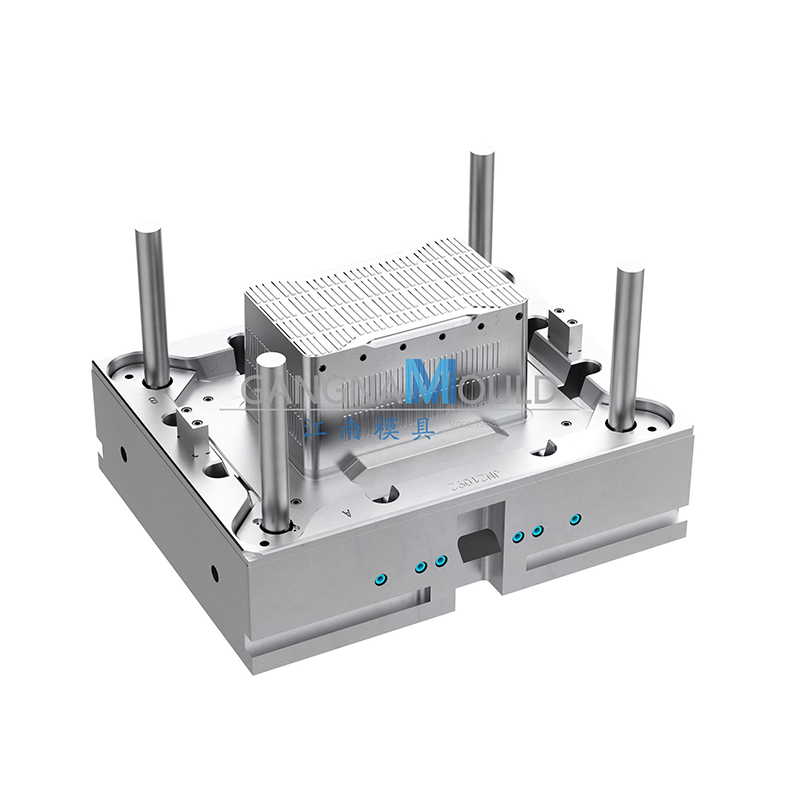Thin Wall Disposable Product Mould for Lightweight and Precise Items
The Thin Wall Disposable Product Mould is an essential tool for efficient manufacturing. This mold is designed to produce thin-walled disposable items with consistent quality, precise dimensions, and smooth finishes. By using this technology, manufacturers can meet the demand for functional and practical products across various sectors, including food service, medical, and personal care.
The thin wall disposable product mould enables the production of items such as cups, plates, containers, trays, and packaging solutions. The ability to produce uniform, lightweight items ensures that products are both practical and cost-effective. Consistent thickness and structural stability are achieved through advanced injection molding techniques, which allow manufacturers to optimize material usage while maintaining product reliability.
Material selection is an important aspect of this molding process. Thermoplastics such as polypropylene, polystyrene, and polyethylene are commonly used due to their moldability, durability, and lightweight properties. These materials provide sufficient strength for single-use products while ensuring that they remain easy to handle. The choice of material also supports different performance requirements, including heat resistance for food containers or chemical resistance for medical and laboratory applications.
One of the main advantages of the thin wall disposable product mould is its precision. The mold is carefully engineered to maintain consistent wall thickness, prevent warping, and produce smooth surfaces. This level of accuracy is critical for items that need to be uniform in size and appearance, such as cups or trays used in commercial food service. Properly designed molds also reduce defects and small waste, supporting more efficient and sustainable manufacturing processes.
From a production perspective, the thin wall disposable product mould improves efficiency and reduces costs. High-speed injection molding allows for rapid cycle times, while maintaining the quality of the finished product. The mold’s design ensures easy ejection of items without deformation, which is particularly important for thin-walled products that may be more susceptible to damage during production. Regular maintenance, including cleaning and inspection, is necessary to extend the mold’s lifespan and maintain consistent output.
The versatility of this mold allows manufacturers to create a wide range of disposable products tailored to different applications. Food service items, such as cups, plates, and bowls, benefit from lightweight design and stackability for storage and transportation. Medical and laboratory items, including sample containers and trays, require precision molding to ensure accurate dimensions and proper function. The mold can also be adapted to produce personal care products or small packaging containers, meeting diverse consumer and industrial needs.
Sustainability considerations are increasingly important in disposable product manufacturing. Many products made from recyclable plastics reduce environmental impact. Efficient mold design smalls material waste, and lightweight items reduce transportation costs and energy use. By combining high-quality materials, precise design, and responsible production practices, manufacturers can create disposable products that are functional and environmentally conscious.
In conclusion, the Thin Wall Disposable Product Mould is a practical and versatile tool for producing lightweight, precise, and high-quality single-use products. By optimizing material use, ensuring consistent dimensions, and supporting rapid production, this mold technology meets the demands of multiple industries, including food service, medical, and personal care. Its precision, efficiency, and adaptability make it an essential component in modern manufacturing.




 English
English русский
русский Español
Español Français
Français عربى
عربى 简体中文
简体中文




